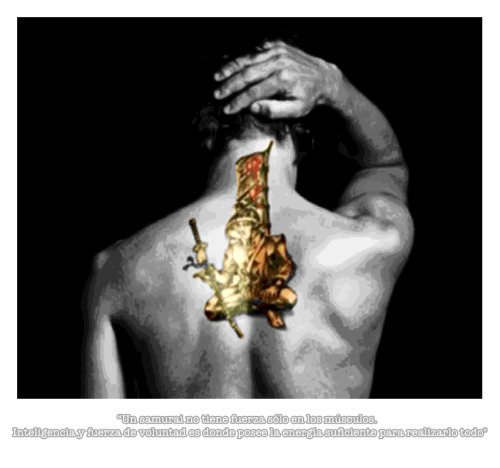Those clips are cherry picked from either high speed turns, or when the driver took too much kerb and some are from 3+ seasons ago! Of course the suspension looks soft in those extreme scenarios.
That said, this one from Monaco was pretty awesome, considering the low speed:
https://streamable.com/zbm3
godlameroso wrote:https://vimeo.com/183872530
Either the Mercedes has a lot of body roll or the suspension is actually leaning into the turns.
Aren't these two points mutually exclusive? I mean when someone says "it has lots of body roll" the usually mean the chassis is leaning to the outside of the turn, so if the suspension is leaning the chassis inwards then it's probably rolling less?



